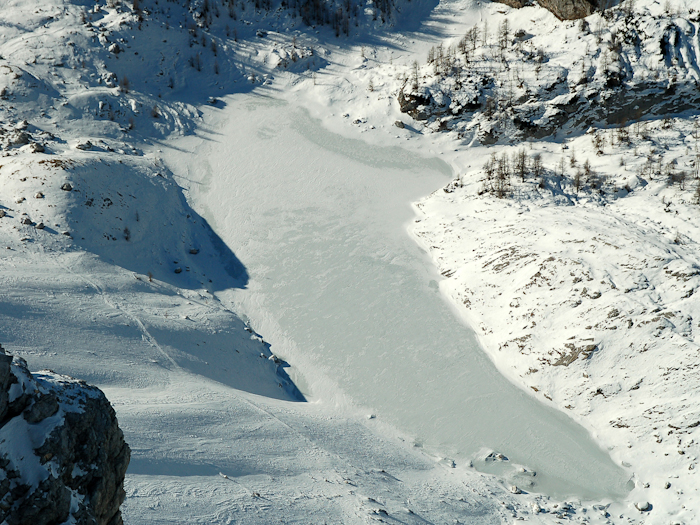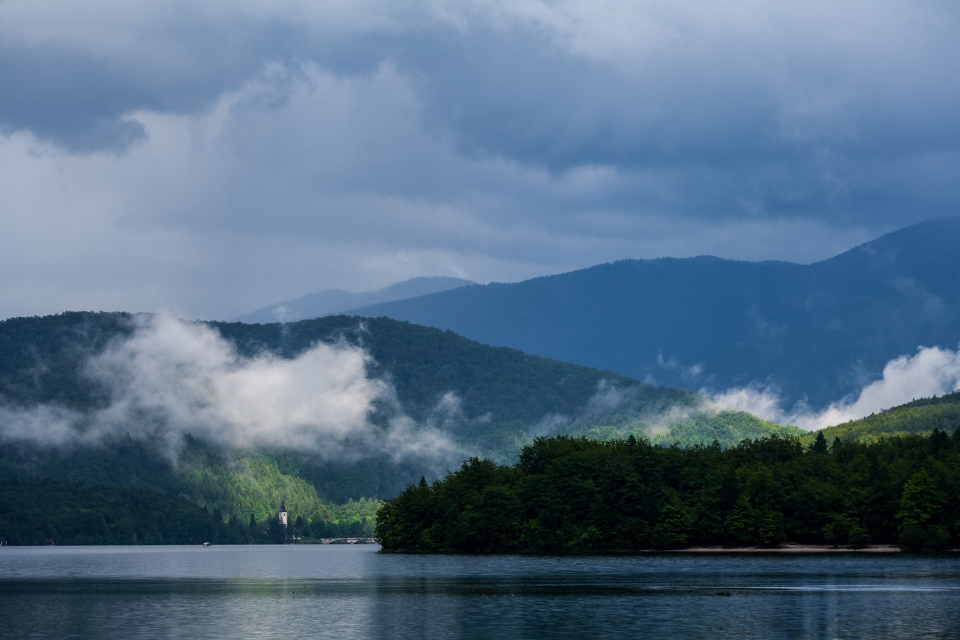If the ice is heated, it melts and starts to turn into a liquid. The temperature of the ice and water is 0 °C until all the ice has melted. This is the melting point of water. If the water is heated further to boiling point, it evaporates and then boils, producing steam. This process is called evaporation. If the steam is cooled, it condenses to form liquid water, which freezes as it cools below freezing.
Some of the ice molecules pass directly into the vapour phase. This process is called sublimation and the reverse process is called resublimation.

Amazing scenes are created by nature in winter, when waterfalls and lakes freeze. When a lake freezes, does it seem like all the water in it freezes? No. Ice forms on the surface and floats on the water. It floats because the density of water in its liquid state is greater than the density of ice. Water has its highest density at 4°C.
Water can change its aggregate state, and it can have lots of other substances hidden in its composition. This is how we know that the sea is salty, even if we don't see salt at first. If we add sugar to drinking water, it ''disappears'' and we don't see it. This phenomenon is called dissolution.
Water is the most common solvent in nature, and therefore contains many organic and inorganic substances. This property allows it to transport dissolved nutrients in the biosphere, as well as many pollutants - pesticides, fertilisers, heavy metals, etc.
Water dissolves various substances on its way through the layers of soil and rock. Which substances are in the water depends on the composition of the soil. When a lot of substances are dissolved in the water, it is called hard water. When there are few substances, the water is soft. For example, rainwater and snow are soft water.
Another property of water is the pH value, which is a measure of acidity and alkalinity. It ranges from 0 to 14. If water has a pH value of around 7 at 25 °C, it is neutral, i.e. neither acidic nor basic. If an acid is dissolved in water, the pH value decreases, if a base is dissolved, the pH value increases.

Thank you.

